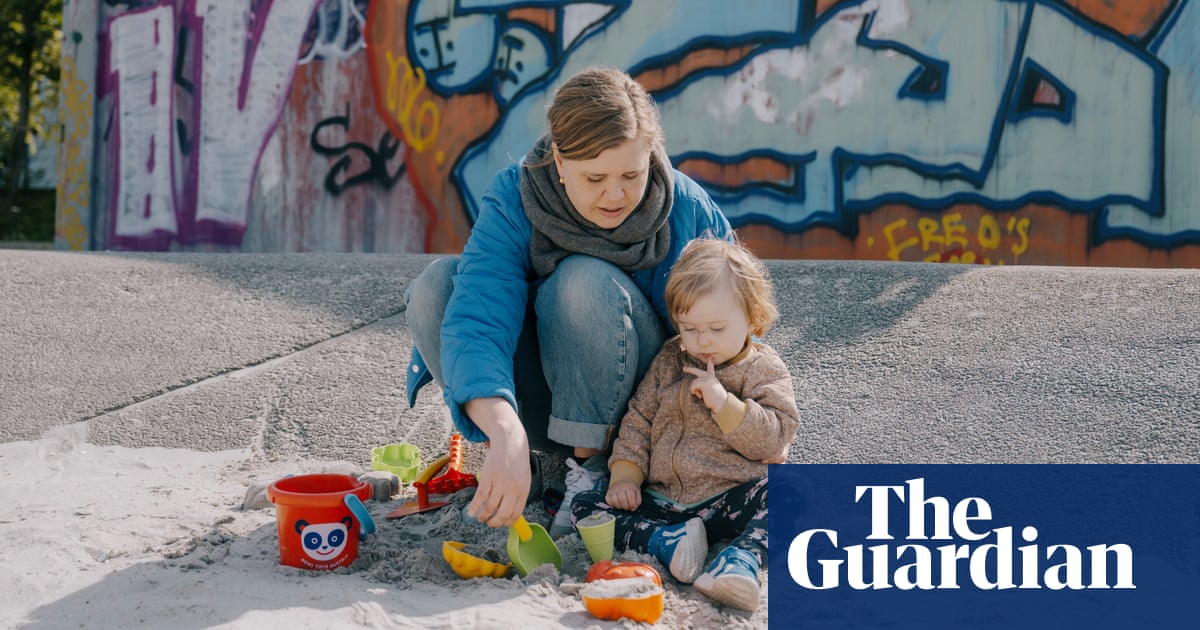The Denmark secret: how it became the world’s most trusting country – and why that matters

🌈 Abstract
The article explores the high levels of trust and social cohesion in Denmark, and how this has contributed to the country's prosperity and well-being. It examines the historical and cultural factors that have fostered this trust, as well as the challenges Denmark faces in maintaining it amidst increasing diversity and inequality.
🙋 Q&A
[01] Denmark's High Levels of Trust
1. What factors contribute to Denmark's high levels of trust?
- Denmark has the highest levels of social and civic trust in the world, with nearly 74% of Danes believing "most people can be trusted".
- This high level of trust is attributed to factors like:
- Low levels of corruption in Danish institutions
- Widespread belief that those in power are acting in society's best interests
- Shared sense of equality and lack of extreme wealth/poverty disparities
- Extensive social welfare system that promotes equality and connectedness
- Shared cultural bonds and homogeneity, with most Danes having known each other since childhood
2. How does Denmark's trust manifest in everyday life?
- Danes routinely leave their babies sleeping unattended in prams outside cafes and restaurants, trusting that no harm will come to them.
- Children have a high degree of freedom to move and operate independently, with less dependence on cars and more shared public spaces.
- Businesses often make binding verbal agreements without extensive contracts, relying on mutual trust.
- There is little need for security measures like burglar alarms, as Danes trust each other not to steal or cause harm.
[02] Challenges to Denmark's Trust
1. How is Denmark grappling with increasing diversity and integration?
- Denmark has historically been a relatively homogeneous society, which has contributed to the high levels of trust.
- However, the influx of immigrants and growing diversity in recent decades has challenged this, leading to debates around inclusion and the "Danish identity".
- Policies like the "ghetto list", which targets areas with high migrant populations, have been criticized as racist, even though they are framed as efforts to address deprivation.
- There is an ongoing process of renegotiating what it means to be Danish and who can be part of the community, which is seen as crucial for maintaining trust in the future.
2. How has the COVID-19 pandemic affected Denmark's trust and social cohesion?
- During the pandemic, Denmark exhibited high levels of "samfundssind" (community spirit), with low political polarization, few anti-vaxxers, and a general sense of collective responsibility.
- This contributed to Denmark being one of the only countries where life expectancy increased in 2020.
- The pandemic has also had some positive effects, such as making people more sociable and increasing the use of public spaces.
- However, the rapid decision to cull millions of mink has led to a conversation about democratic deficit and the need to balance trust in institutions with accountability.
Shared by Daniel Chen ·
© 2024 NewMotor Inc.